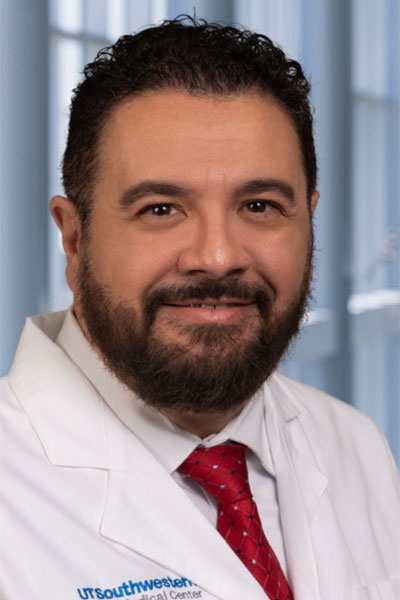Guidelines to navigate care for transgender and gender-diverse individuals are often aimed at primary care providers, despite evidence that this population can develop specific acute critical illnesses as well as pulmonary and sleep sequelae. Because of this, clinicians in those areas must have the knowledge and skills to understand the impact of gender-affirming therapies on their patients.
A session devoted to discussing these topics, Care of the Transgender Patient: From Terminology to Clinics to ICUs, will be held Monday, from 3 pm to 4 pm, in Room 317A of the convention center.

“It’s very rare to find medical education programs that integrate care for transgender individuals, so it’s important to create a platform and advocate for this patient population,” said Session Co-Chair, Adan (Adam) Mora Jr., MD, FCCP, Associate Professor of Internal Medicine at University of Texas Southwestern Medical Center.
Presentations in the session will include:
- Terminology Trends and Health-Care Disparities – Adan (Adam) Mora Jr., MD, FCCP
- Pulmonary Issues in the Transgender Patient – Grant Turner, MD, UCLA Health
- Sleep-Related Issues in the Transgender Population – Lilit Sargsyan, MD, FCCP, University of Texas Health Science Center at Houston
- Care of the Transgender Patient in the Perioperative Setting and ICU – Gustavo Cortes Puentes, MD, Mayo Clinic
“Each speaker for this session has either been doing work in this area or has a passion for providing care and advocating for this underserved population,” Dr. Mora said.
Presenters will discuss appropriate terminology, population trends, and health care disparities in the transgender population. Dr. Mora said the session would aim to strike a tone that champions gender-affirming care for transgender patients rather than focusing on complications sometimes caused by these therapies.
“Our approach is to understand their journey through the medical process, and, then, when they become sick and require help from sleep, pulmonary, or critical care specialists, we have a better understanding to treat them appropriately,” he said.
Once this baseline knowledge is established, speakers will categorize pulmonary symptoms and etiologies, assess sleep disruptions and disorders, and analyze important perioperative and critical issues in the care of transgender patients.
Dr. Mora also highlighted the lack of data related to differences in gender-affirming care over long periods in the lifetime of a patient. “Very little research exists on what it looks like when an individual starts gender-affirming care in their 20s,” he said. “How will those subtle differences in care evolve by the time they’re 60? We don’t know. So, we need to start establishing research protocols and observational studies.”
Join us at CHEST 2024
Connect in person with influential clinicians from around the world—and attend top-tier educational sessions focusing on the most relevant clinical topics. CHEST 2024 will have it all, including optional add-on sessions to customize your learning. Reserve your spot today, and save $100 when you register by September 22.





